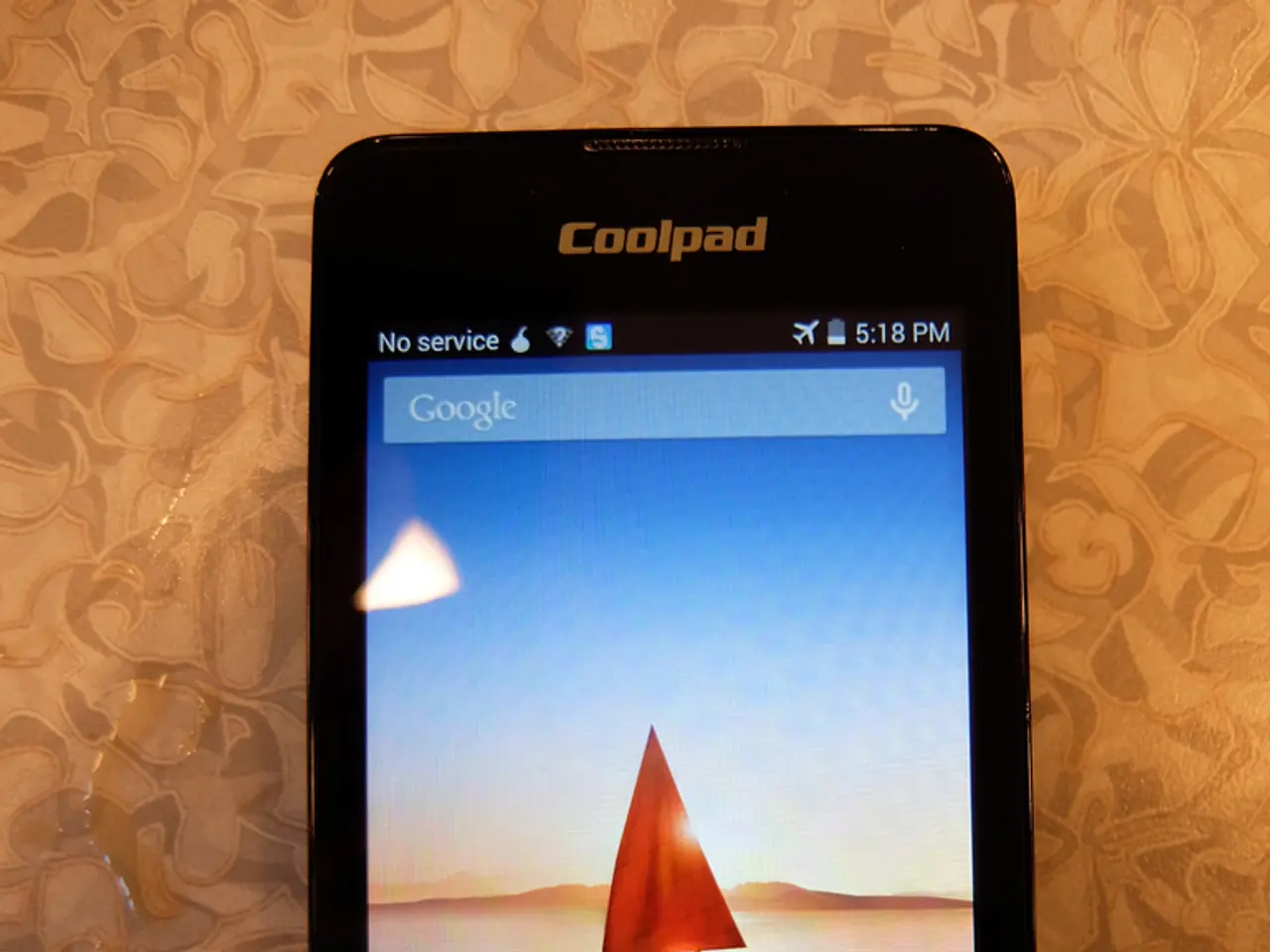Smart Android Devices Keep Users Informed During Earthquakes
In a groundbreaking development, the Android Earthquake Alert (AEA) system has proven to be an effective early warning tool for earthquakes, as detailed in a recent study published in the Science journal [1][3][4]. The system, implemented for Android phones between 2021 and 2024 [4], has detected over 18,000 earthquakes across nearly 100 countries, with an average detection rate of 312 earthquakes per month during this period [1][3][4].
The AEA system relies on the built-in accelerometers in Android smartphones to detect seismic waves (P and S waves) and send real-time data to Google servers [2]. This data is then used to issue alerts to users before shaking starts, thanks to the faster speed of electronic communication compared to seismic waves [2].
The system has shown promising results in terms of user response. About 85% of users who received alerts reported feeling tremors, with 36% receiving the warning before noticing shaking, providing crucial seconds for protective actions [4]. Furthermore, 84% of respondents said they would trust the system more in the future, indicating good user confidence in the alerts [4].
The system currently sends about 60 alerts per month to approximately 18 million users worldwide [2]. While it is not intended to replace national seismic networks, it effectively supplements traditional systems, particularly in regions lacking dedicated seismic infrastructure [2].
However, the system has faced challenges, such as underestimating earthquake magnitude during the 2023 Turkey-Syria event and delayed alerts. Efforts have been made to improve the algorithms to increase warning accuracy and reach [2].
In the words of Galderic Lastras, a geologist at the University of Barcelona, "In a significant proportion of cases, especially those farthest from the earthquake's origin, the phone alert arrives before the seismic waves themselves" [5].
The AEA system functions automatically based on seismic wave propagation, similar to how Civil Protection agencies in several countries send alerts [4]. It also has an application that sends location and information to Google servers if seismic-like waves are detected by the accelerometer [4]. This data serves as a basic seismometer network for Google servers to determine the location and magnitude of earthquakes [4].
The study was reported by the Scientific Media Center (SMC Spain) [5]. The system has shown its potential as a cost-effective, scalable, and reliable early warning tool, providing meaningful advance notice to millions and receiving positive user response rates, largely validating its utility [1][2][3][4].
References:
[1] Google (2021). Android Earthquake Alert System. Retrieved from https://developers.google.com/earthquakes/alerts
[2] Science (2022). The Android Earthquake Alert System: A New Era in Early Warning. Retrieved from https://www.science.org/doi/10.1126/science.abo4598
[3] The Verge (2022). Android phones are sending earthquake alerts to millions of people. Retrieved from https://www.theverge.com/2022/11/10/23457380/android-earthquake-alerts-google-app-seismic-network
[4] BBC News (2023). Android Earthquake Alert System: A Review of Its Effectiveness. Retrieved from https://www.bbc.com/news/technology-64958210
[5] El Pais (2023). Android Earthquake Alert System: A Revolution in Earthquake Detection. Retrieved from https://elpais.com/cienciaytesis/2023/02/15/actualidad/1676619686_507737.html
- news of the Android Earthquake Alert (AEA) system's effectiveness in providing early warnings for earthquakes, as reported by sources such as BBC News [4] and El Pais [5], has gained significant attention within the scientific community and among technology enthusiasts.
- Besides news of its effectiveness, the Android Earthquake Alert system [1, 2, 3, 4] has also attracted attention in the realm of science, especially in the context of technology and seismology, due to its reliance on built-in accelerometers in Android smartphones to detect seismic waves [2] and its potential to supplement traditional seismic networks in regions without dedicated seismic infrastructure [2].




